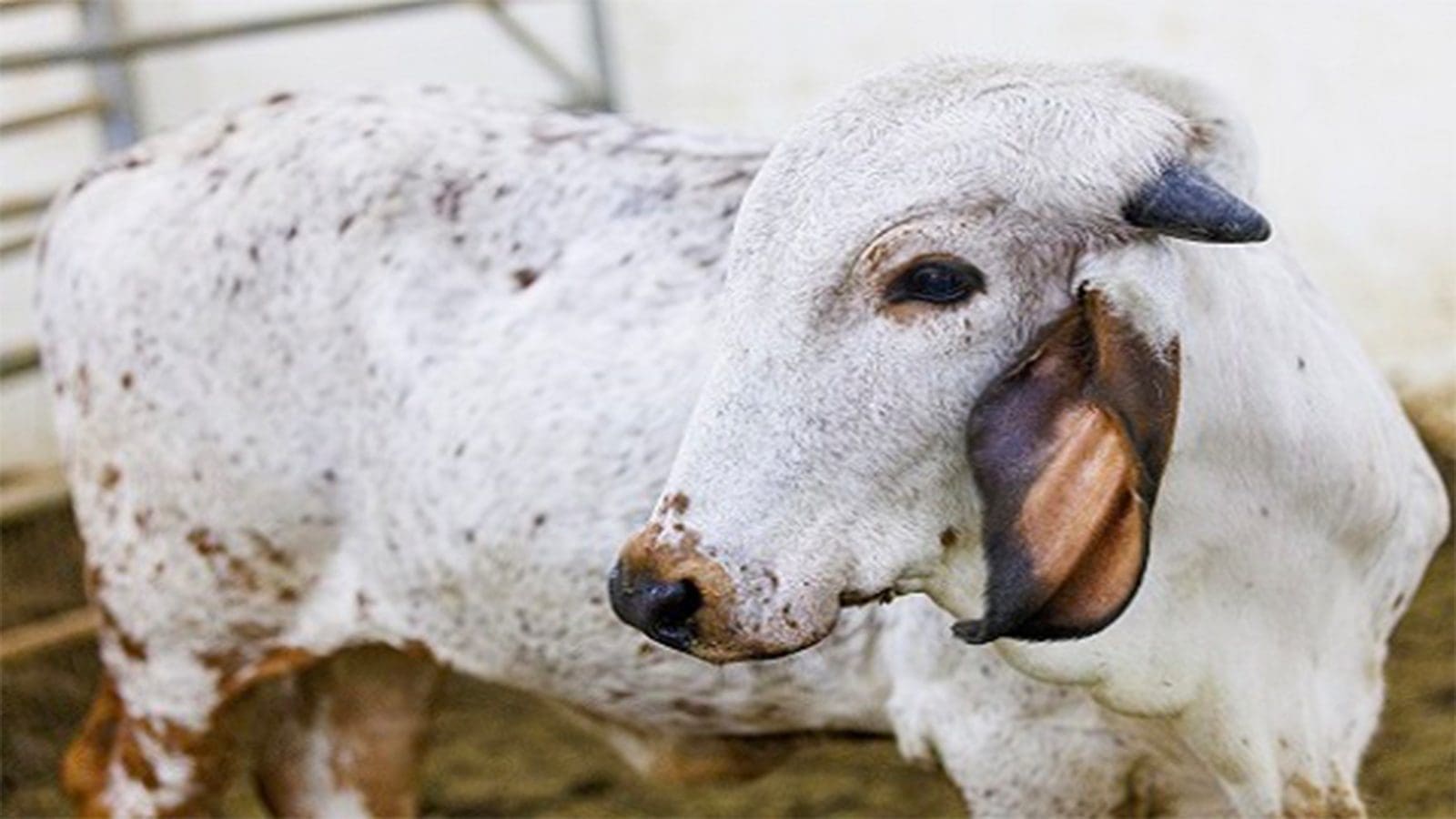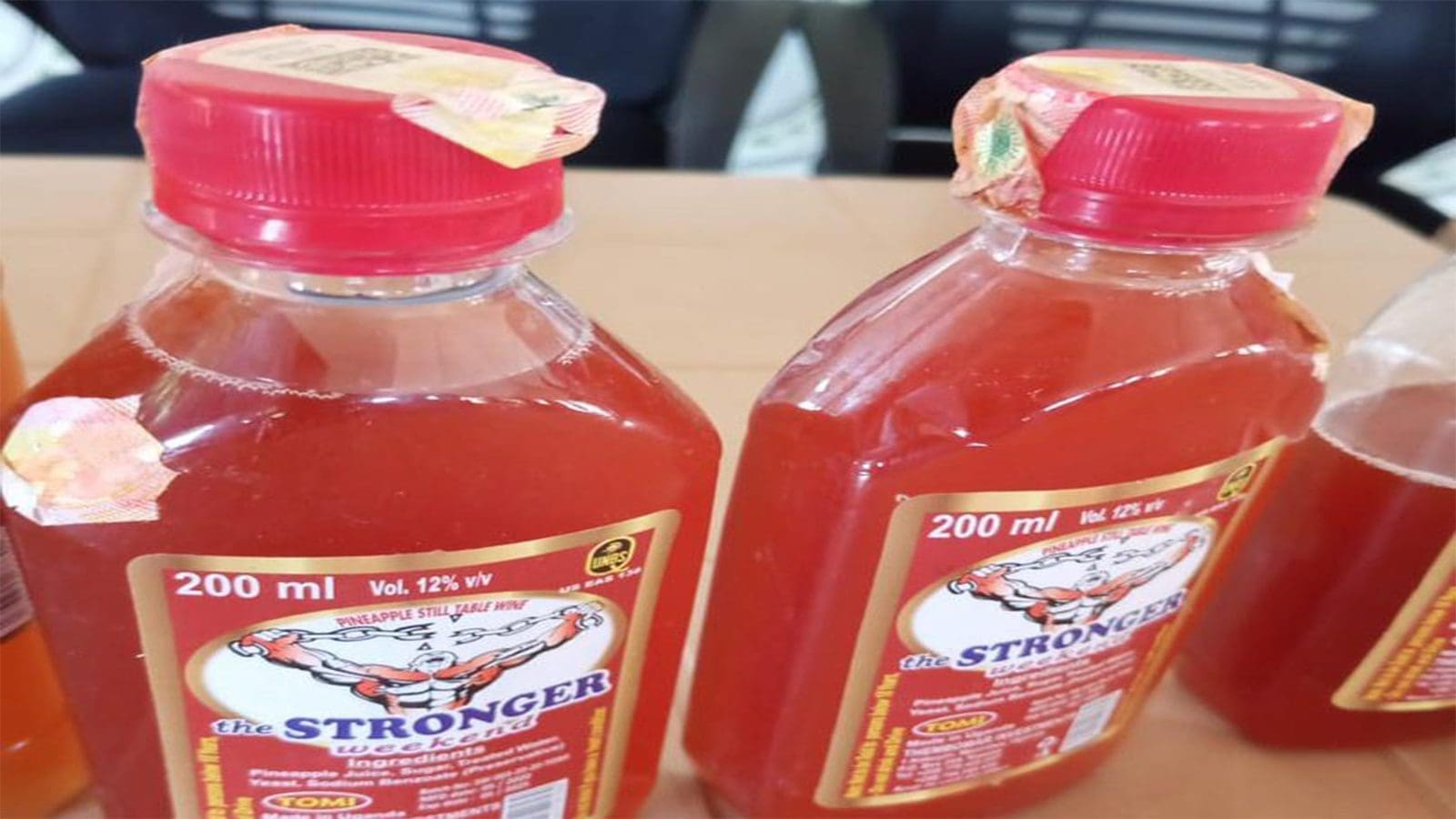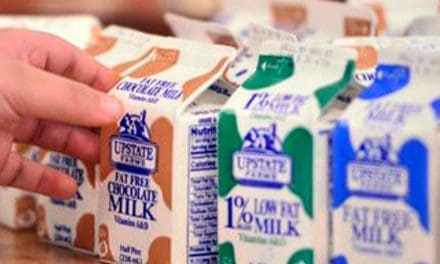U.S – Researchers at the University of Kentucky, the University of Nebraska-Lincoln, and the United States Department of Agriculture’s Agricultural Research Service (USDA ARS) have created the first gene-edited calf with resistance to the bovine viral diarrhea virus (BVDV), which costs the U.S. cattle industry billions of dollars every year.
First discovered in the 1940s, BVDV is one of the viruses that have the greatest global impact on the health and well-being of cattle.
It can be fatal to pregnant cows because it can infect developing calves and result in spontaneous abortions and low birth rates in the offspring.
Although it doesn’t affect people, it is very contagious among cattle and can lead to serious intestinal and respiratory conditions.
Controlling BVDV disease is still a challenge despite the existence of vaccinations for more than 50 years as they don’t always stop transmission.
Scientists have identified the primary cellular receptor (CD46) and the location where the virus binds to that receptor to infect cows in the past 20 years.
In this latest work, researchers altered the virus binding site to prevent infection. They modified CD46 significantly using gene editing such that it would no longer bind the virus while still performing all of its typical bovine activities.
“Our objective was to use gene-editing technology to slightly alter CD46 so it wouldn’t bind the virus yet would retain all its normal bovine functions,” said Aspen Workman, lead author, and researcher at ARS’ U.S. Meat Animal Research Center (USMARC) in Clay Center, Nebraska.
Acceligen altered cow skin cells to create embryos containing the changed gene after seeing promising results in the lab. In order to determine whether this strategy may also lower viral infection in live animals, these embryos were transferred into surrogate cows.
The strategy was successful, and on July 19, 2021, Ginger, the first calf with the CD46 gene altered, was born healthily.
Ginger was monitored for several months before being exposed to the virus to see if she could catch it. She spent a week living with a dairy calf that was born carrying the BVDV virus.
Her cells demonstrated a markedly decreased susceptibility to BVDV, with no discernible negative impacts on health.
Since BVDV infection puts calves at risk for secondary bacterial infections, the gene-edited calf also represents a possible chance to reduce the need for antibiotics in agriculture.
“This promising trait is still in the research phase and no associated beef is entering the U.S. food supply at this time,” says USDA.
For all the latest food safety news from Africa and the World, subscribe to our NEWSLETTER, follow us on Twitter and LinkedIn, like us on Facebook and subscribe to our YouTube channel.








